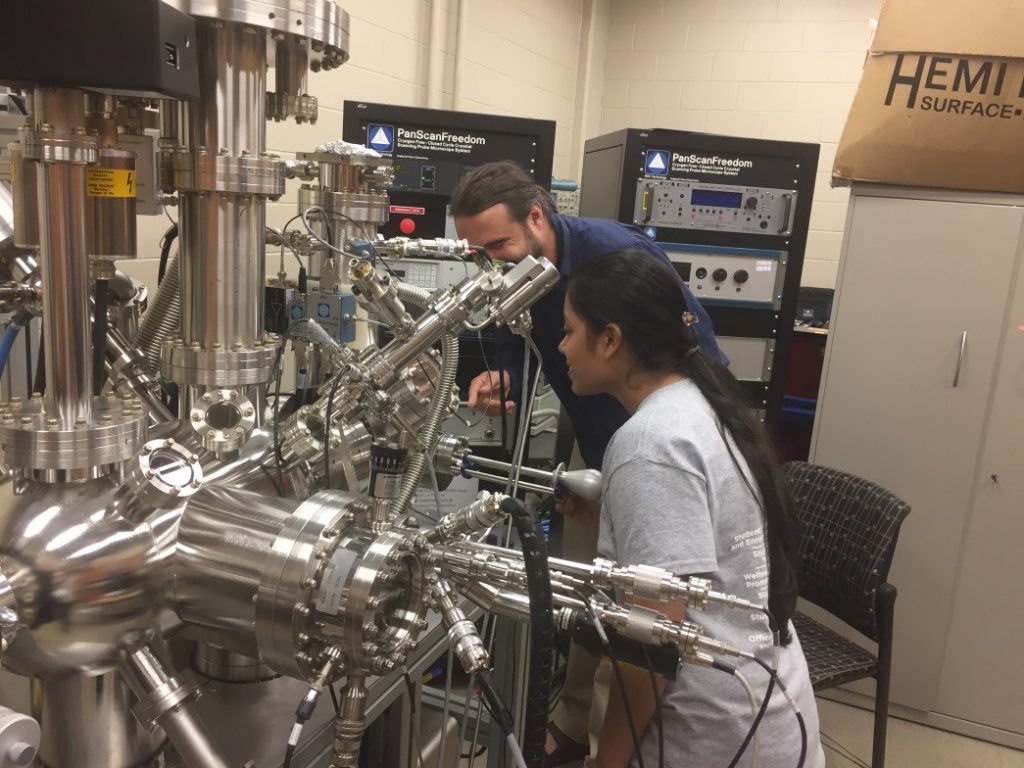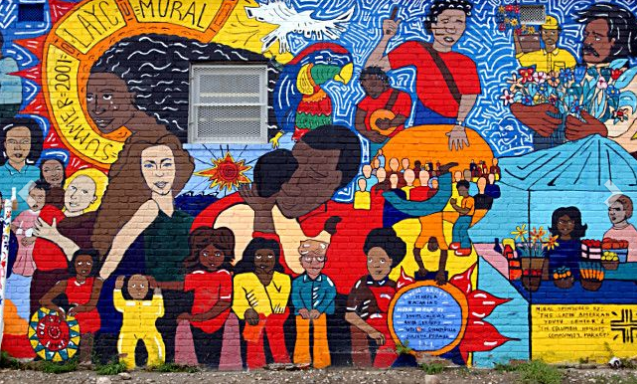
For many years, Florida Space Institute (FSI) and Arecibo Observatory (AO) have had a fruitful and longstanding relationship between the organizations and fellow researchers that embodies Hispanic pride and heritage.
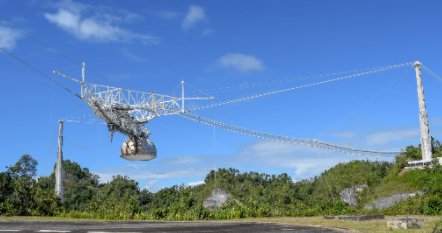
Noemi Pinilla-Alonso, Associate Researcher in Planetary Science at Florida Space Institute and Deputy Principal Scientist at Arecibo Observatory, talks about the relationship between FSI and AO and the impactful role of Hispanic representation: “At FSI and at AO, we are proud to help grow inspirational figures of success whom Hispanic youth can look to while they think of what they want to be when they grow up. In the last few years, the synergy between Arecibo staff and scientists at the Florida Space Institute have grown and ties are stronger than ever.”
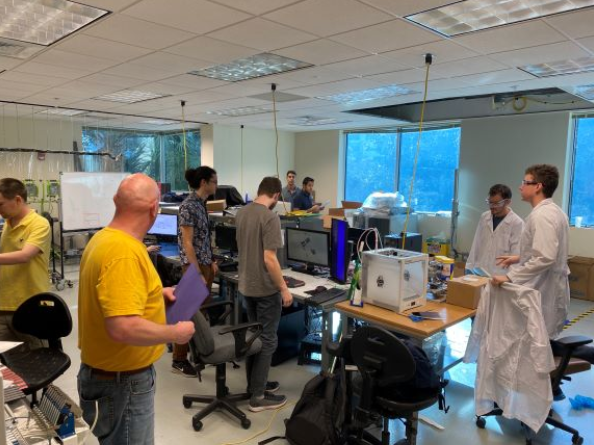
She continues, “the Arecibo Observatory has always been a source of inspiration and opportunity in training for Science, Technology, Engineering, and Mathematics for the students in Puerto Rico who represent a great number of the next generation of America’s Hispanic scientists and engineers. The reach of the educational efforts that have traditionally been carried out at the Visitor’s Center and supported by the Ángel Ramos Foundation have undoubtedly impacted the Puerto Rican culture and society. The Florida Space Institute can safely be considered a “best in class” organization for representation of both international and women minorities, and embodies the University of Central Florida’s role as a Hispanic serving institution.”
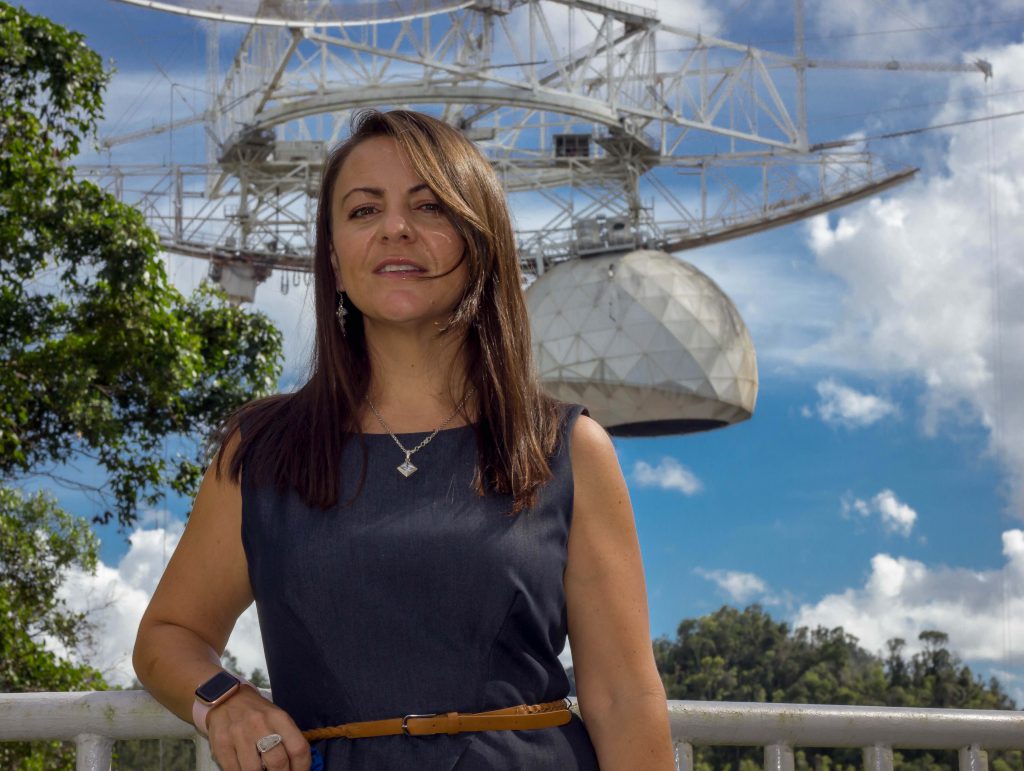
Luisa Fernando, a planetary scientist at AO whose area of research is the physical and dynamical characterization of near-Earth Asteroids, says that the drive, hard work, and perseverance of all the Hispanic students that she’s worked with are admirable and inspire her to continue to be among the Hispanic representation that is needed: “In Latin America there are not many opportunities to be involved in this field. You can’t easily say, ‘hey! I want to be a planetary scientist!’, because you do not see many examples of people like you in these fields. Hispanic representation will increase participation.”
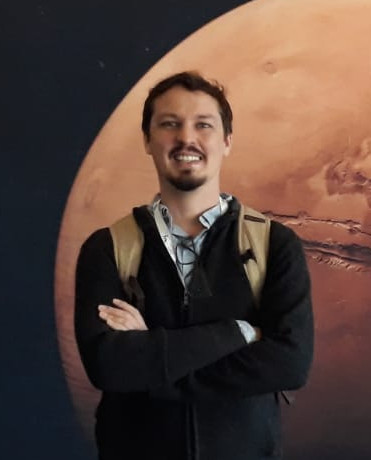
Mário De Prá, a post-doctoral fellow at FSI who studies solar system small bodies to improve our understanding of how the solar system have formed and evolved, credits several Hispanic figures whose passion for education, sciences, and work ethics have inspired him: Maria Tereza De Pra (his mother, who is a teacher in the public school system of his home city), Sandro Ricardo de Souza (a colleague from his undergrad years that worked with him at the Planetario de Vitoria), Marcio Malacarne (his supervisor during undergrad at Universidade Federal do Espirito Santo) , Jorge Carvano (the supervisor of his masters and Ph.D. degree at Observatorio Nacional), Noemi Pinilla-Alonso (the supervisor of his Post-doc at FSI/UCF) and Gabriela Marques (his wife, who is also a researcher in the cosmology field)
He explains that “Hispanic representation is fundamentally important in creating a healthy and safe environment that can encourage and inspire different groups of people to pursue a career in science. In the sense that scientific knowledge can only be achieved though collaborative work, it ensures that persons with different backgrounds are able bring their unique perspectives to all science fields and push the boundaries of science.”


